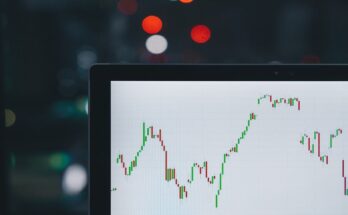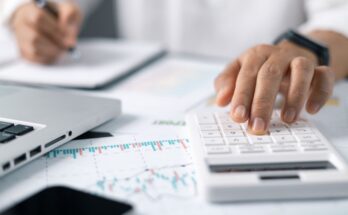When you’re managing a business, you’ll need to maintain accurate records of your transactions and course accounting. Keeping track of your business’ expenses is a vital part of doing that, so you may think you don’t need an accounting program. But in reality, the record-keeping and accounting functions of a small business are often more complex than those of a larger company. Even the smallest one can run into thousands of dollars in expenses every year. Your record-keeping may include tracking seasonal sales, assessing inventory levels, determining appropriate employee reimbursements, or looking up tax information. All these things require regular, meticulous detail, can be accomplished electronically using a small business accounting software.
Small business bookkeeping is a lot less detailed than accounting, but it still demands accurate, organized, truthful reports from every aspect of your organization. If you don’t have a dedicated accounting department, you need to hire someone who can take care of your bookkeeping and ensure that all of your financial statements are correct and up-to-date. You can also hire a bookkeeping services provider who will take care of filing your income taxes, tracking any of your expenses, preparing your quarterly reports, and more.
For small businesses, part of their record-keeping and accounting responsibilities is handling employee expense reports, including deductions and credits. You must document all employee expenses, both personal and business, including mileage and luncheon travel. It would also help if you kept all receipts for personal expenses and business expenses. Your accounting software should have flexible accounting options so that you can track all your expenses in separate business and personal accounts.
Because accounting requires you to make detailed records of your business transactions, it is necessary to use software to keep track of all your documents at once. You can give a free invoice maker app a try in generating invoices or utilize other applications that can help keep track of expenses, and enter your tax information.
If you want to learn more about the uses of record-keeping and accounting, read the infographic below from KIPPIN:




